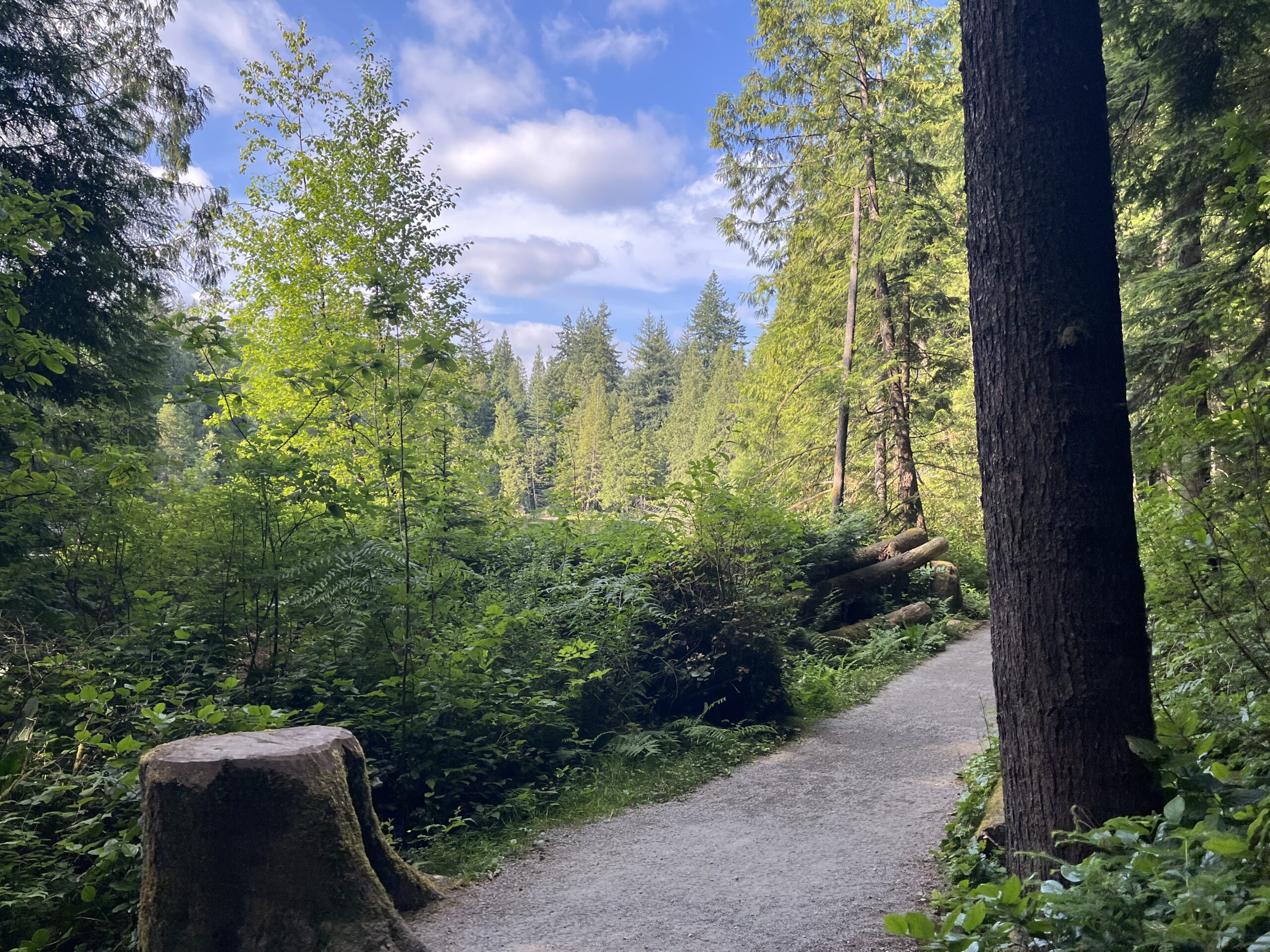If you bought a home in Vancouver in the early 1990s, chances are you’ve done incredibly well. But is that still true for buyers in 2025? This is the big question many are asking — especially first-time buyers, investors, and people considering moving to Vancouver.
Home Prices Then vs. Now
According to the Real Estate Board of Greater Vancouver (REBGV), the average price of a detached home in Vancouver in 1995 was around $400,000. As of mid-2025, the benchmark price is over $1.9 million. That’s a nearly 375% increase over 30 years.
Source: REBGV Historical Data
While past performance doesn’t guarantee future returns, this kind of long-term data is hard to ignore — especially if you’re planning to stay in the city for 10 or more years.
Vancouver’s Resilience in Crises
The city has seen recessions, interest rate spikes, and a global pandemic. But even during major events, like the 2008 financial crisis or the 2020 pandemic, real estate in core areas of Vancouver rebounded quickly. People still want to live here — whether for jobs, lifestyle, or immigration reasons.
Strong Immigration Demand
Canada welcomed over 430,000 immigrants in 2022, and Vancouver remains one of the top destinations. This steady population growth continues to put pressure on housing demand, especially in livable, transit-rich areas like Mount Pleasant, Kitsilano, and East Vancouver.
Source: Government of Canada Immigration Levels Plan
Supply Remains Tight
In contrast to growing demand, housing supply has remained relatively constrained due to zoning restrictions, geographical limits (ocean and mountains), and slow permitting. Even with new policies like upzoning for multiplexes, it will take time before supply catches up.
According to CMHC, Vancouver needs over 570,000 new homes by 2030 to restore affordability — but we’re not on track.
It Depends on Your Goals
So, is it still worth buying in Vancouver?
- If you’re planning to live here long-term, yes. Your equity will likely grow, and you’ll benefit from lifestyle stability.
- If you’re looking to flip in 1–2 years, probably not. With interest rates still elevated and buyer sentiment cautious, short-term gains are less likely.
- If you’re buying a presale in the hopes of appreciation, be realistic and research the neighbourhood.
Final Word
Vancouver real estate is not cheap — and likely never will be again. But people don’t move here just for affordability. They move for the mountains, the ocean, the culture, and the opportunity.
If you’re thinking about living in Vancouver, let history, data, and your own lifestyle goals guide you. Reach out to us at Vancouver Home Hub — we’re happy to share neighbourhood insights, listings, or simply talk through your options with no pressure.
Read more:
The Rise of Co-Living Spaces in Vancouver: Pros and Cons
The Role of Technology in Vancouver Real Estate: Virtual Tours and Smart Homes
Do You Really Need a Realtor to Buy a Home in Vancouver?
How Foreign Buyer Tax and Speculation Tax Affect Vancouver Real Estate
Renting vs Buying in Vancouver: Which Is Better in 2025?
My name is Jay, a longtime Metro Vancouverite sharing local real estate tips and my own photos of the city’s homes and neighbourhoods here on Vancouver Home Hub. Hope you find my blog useful! Feel free to reach out anytime at vancouverhomehub@gmail.com if you have questions.


Leave a Reply